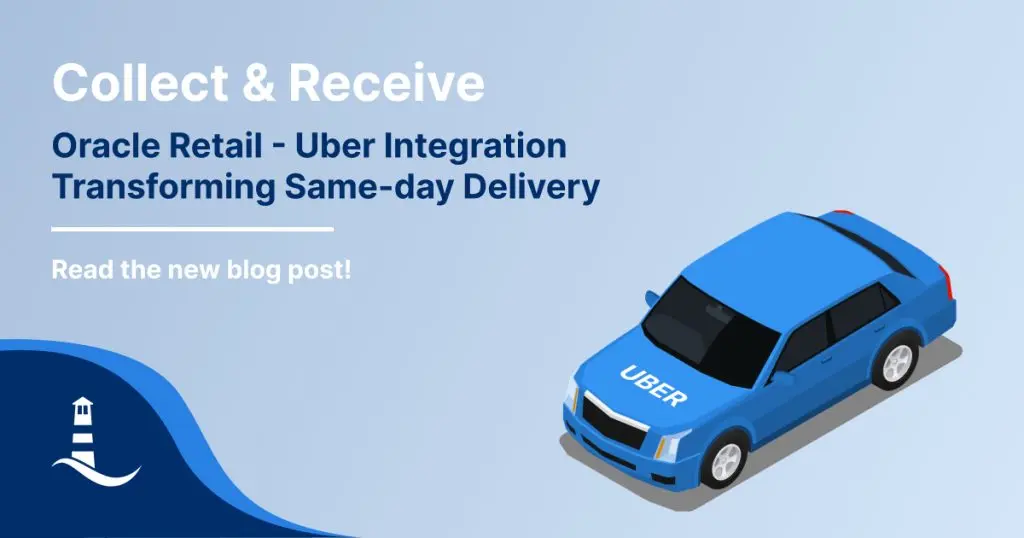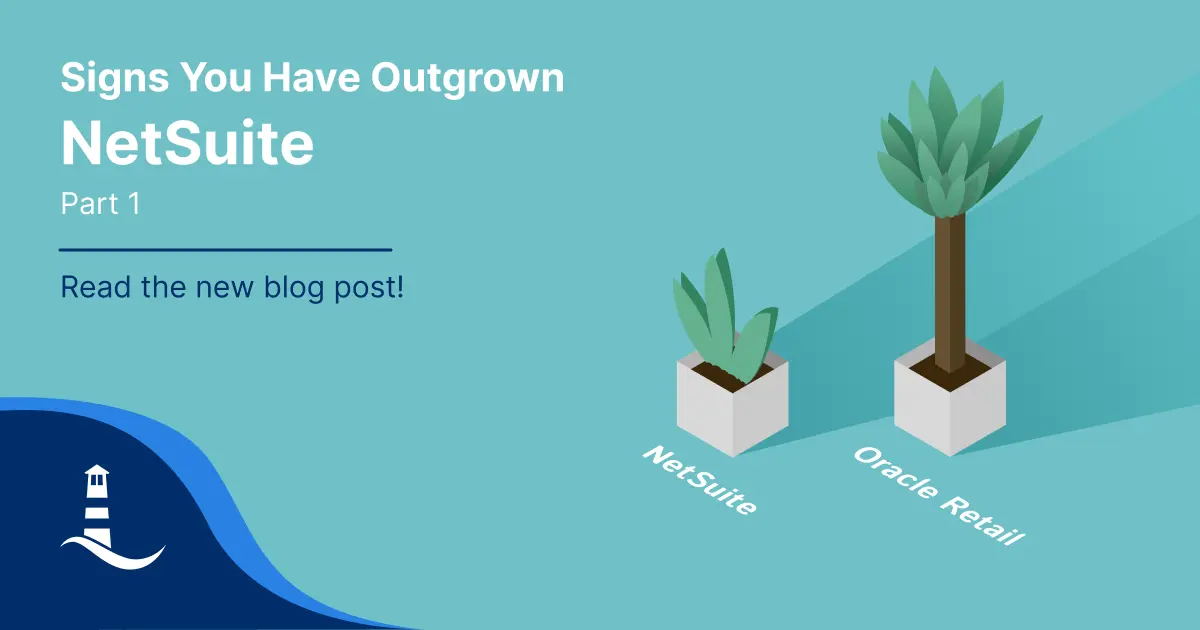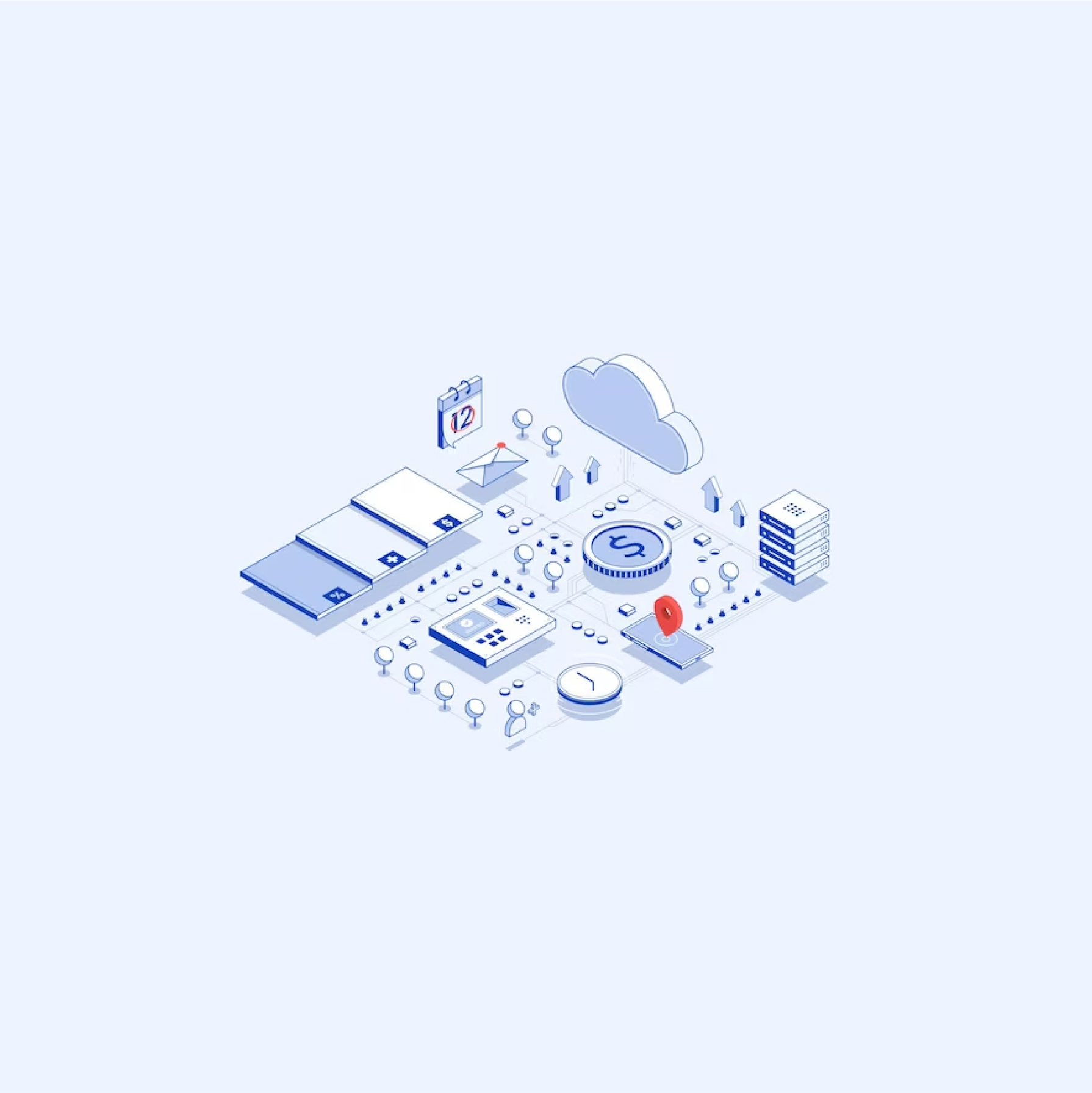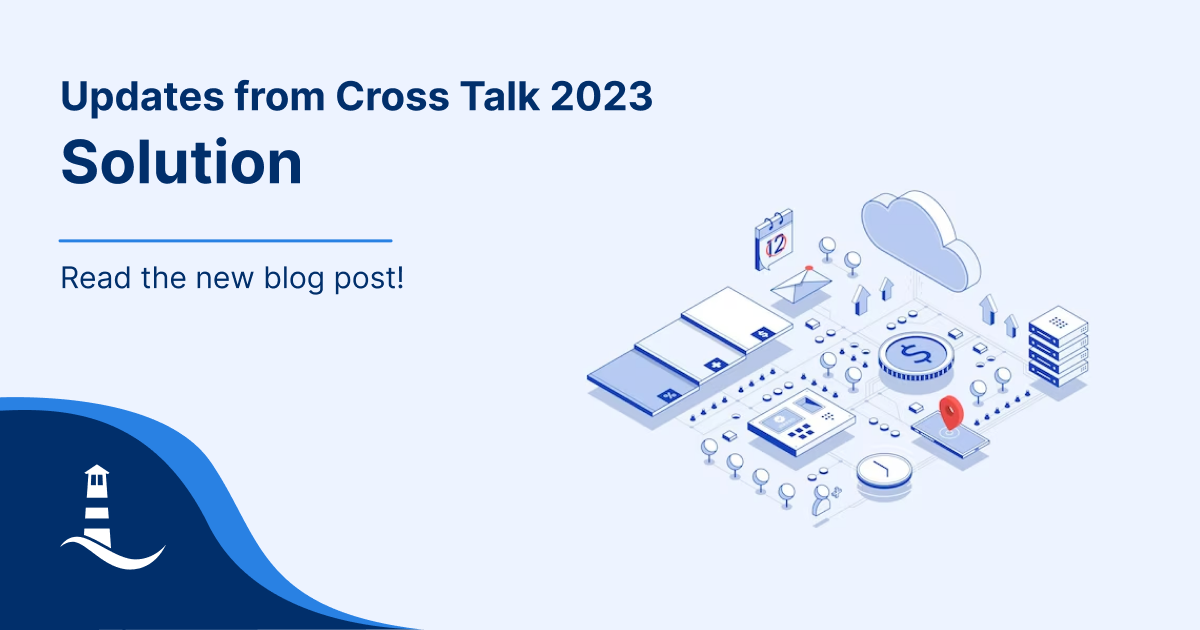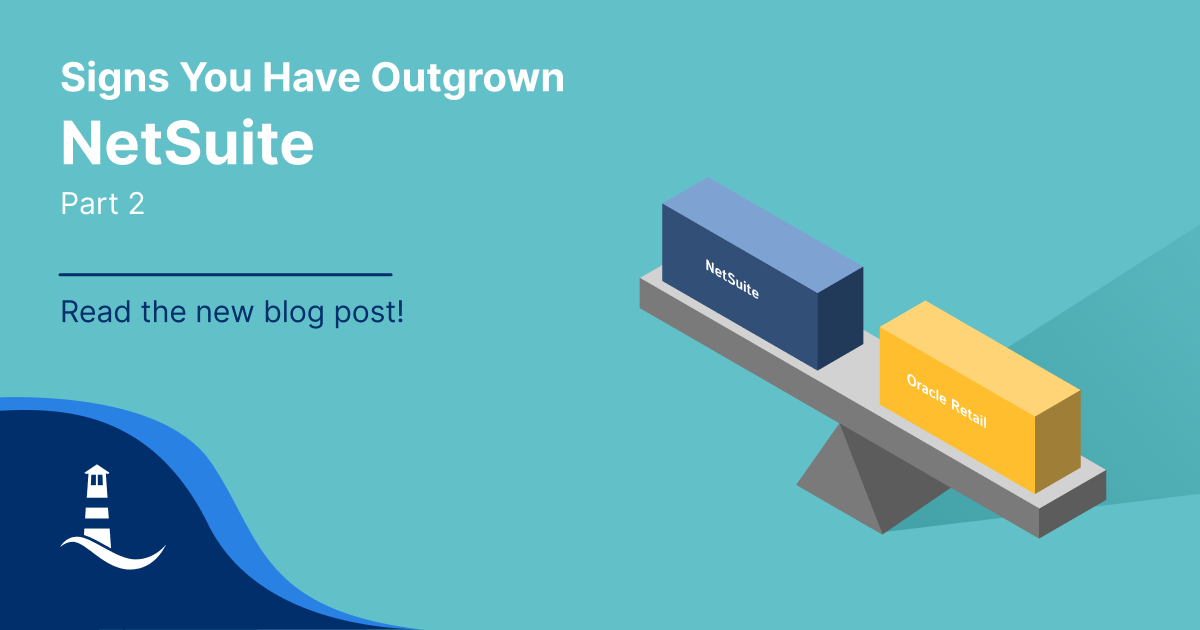Summary
Are you a retailer running your core business operations for merchandising on NetSuite? You plan to grow and you need to know when to switch from NetSuite to a more robust and scalable solution like Oracle Retail? Or you run NetSuite and you are experiencing performance problems, wondering if you are doing something wrong or have outgrown the system? This article is for you, explaining when to consider switching to a more scalable retail solution than NetSuite.
Background
Key differences between Oracle Retail and NetSuite:
Oracle Retail and Oracle NetSuite are two different product lines offered by Oracle Corporation, each catering to specific business needs within the realm of enterprise solutions. Here’s a breakdown of the differences between Oracle Retail and Oracle NetSuite:
Oracle Retail:
- Focus: Oracle Retail is primarily geared towards the needs of the retail industry. It offers a suite of solutions designed to address various aspects of retail operations, such as inventory management, merchandising, supply chain optimization, pricing, promotion management, and customer engagement.
- Industry-Specific: Oracle Retail solutions are tailored to the unique challenges faced by retailers, including those in fashion, grocery, electronics, and other retail segments. These solutions help retailers manage their operations efficiently, optimize inventory levels, enhance customer experiences, and make data-driven decisions.
- Functionality: Oracle Retail provides tools to manage every stage of the retail lifecycle, from planning and procurement to point of sale and customer loyalty. It aims to improve the entire retail value chain, from suppliers to end customers.
Oracle NetSuite:
- Focus: Oracle NetSuite, on the other hand, offers a broader suite of cloud-based enterprise resource planning (ERP) and customer relationship management (CRM) solutions. It is designed to cater to businesses across various industries, including manufacturing, wholesale distribution, e-commerce, services, and more.
- Cloud-Based: Oracle NetSuite is a cloud-based platform, which means that it’s accessible online and doesn’t require on-premises installations. This provides businesses with flexibility and scalability, making it suitable for organizations of different sizes.
- Comprehensive: NetSuite provides tools for managing various aspects of a business, including financial management, procurement, inventory management, order management, e-commerce, human resources, and customer relationship management
In summary, the key difference lies in the target industries and the scope of functionality. Oracle Retail is specifically tailored to the needs of retailers, focusing on solutions for managing retail operations, while Oracle NetSuite is a broader ERP and CRM platform aimed at a wider range of industries and business functions.
Limitations of Oracle NetSuite:
Oracle NetSuite is designed to be a scalable cloud-based ERP (Enterprise Resource Planning) and CRM (Customer Relationship Management) solution. However, like any software platform, there are certain limitations to its scalability that businesses should be aware of as they grow and expand. Some potential limitations of Oracle NetSuite scalability include:- Performance: As the volume of data and transactions increases, there can be performance implications. Response times might slow down, and certain operations might take longer to complete. This can impact user experience and overall system efficiency.
- Customization Complexity: NetSuite allows for a high degree of customization to suit business needs. However, excessive customization can lead to complexity and challenges in maintaining and upgrading the system. As a business scales, the complexity of managing and adapting customized workflows and processes can increase.
- Integration Challenges: While NetSuite offers integration capabilities, as a business scales, the complexity of integrating with other systems, applications, and third-party tools can become more intricate. This might result in longer integration times and potential compatibility issues.
- User Limitations: NetSuite’s licensing structure is based on the number of users. As a company scales and adds more employees who need access to the system, licensing costs can increase, potentially impacting the overall scalability strategy.
- Data Management: With growth, the amount of data generated and stored within NetSuite can increase significantly. Managing and analyzing large volumes of data might require additional resources and strategies to ensure data accuracy, accessibility, and security.
- Global Expansion: While NetSuite offers global capabilities, there might be limitations or complexities when it comes to managing multi-language, multi-currency, and region-specific regulatory compliance as a business expands internationally.
- Third-Party Add-Ons: NetSuite’s SuiteApp marketplace provides various third-party extensions and add-ons. However, not all third-party solutions might be as scalable as the core NetSuite platform. Businesses should carefully evaluate the scalability of any additional tools they plan to integrate.
- Data Security and Compliance: As a business scales and handles more sensitive data, maintaining data security and compliance with regulations becomes increasingly critical and complex.
- Implementation and Migration Challenges: Transitioning to NetSuite or upgrading to accommodate growth can involve complexities related to data migration, system configuration, and business process adjustments. Poorly planned migrations can lead to disruptions and downtime.
- Custom Development: Businesses looking to build custom applications on top of the NetSuite platform might face challenges related to scalability. Ensuring that custom applications are designed to scale effectively can be crucial.
Signs you may have outgrown NetSuite:
- Certain types of promotions are not possible and will have big performance issues being created, approved or cancelled in the system.
- Fashion retailers need a more robust color-size grid system than what is available in NetSuite.
- NetSuite does not do retail planning, only finance and manufacturing planning, no retail demand forecast or retail assortment planning is available.
- NetSuite is not suitable for a growing grocery business, can’t handle variable weight items for example. There are 3rd party extensions for such functionality, such as for tax or attribution, but these are marketplace extensions, requiring additional cost and upgrade.
- Multi-currency and international operations are not fully supported.
- NetSuite item is not built to multi-level retail item structure (size-color-style) like in RMS.
Solution
It’s important to note that while there are scalability limitations, Oracle NetSuite also provides resources, documentation, and support to help businesses plan for and manage their growth effectively. Companies considering NetSuite as a long-term solution should carefully evaluate their growth projections, technical requirements, and business goals to determine if the platform’s scalability aligns with their needs. Additionally, working with experienced NetSuite implementation partners can help address potential scalability challenges and ensure a smooth growth trajectory.
Implementing a robust, scalable retail business focused ERP solution such as Oracle Retail will ensure you continue serving your growing number of customers without disruptions in your business operations.
Next steps
Contact us to learn if your retailer organization needs to switch from NetSuite to a more robust solution such as Oracle Retail and how you can best approach and implement a change in ERP efficiently and quickly so you can focus on your customers and growing the business instead of increasing challenges with your current ERP solution.


